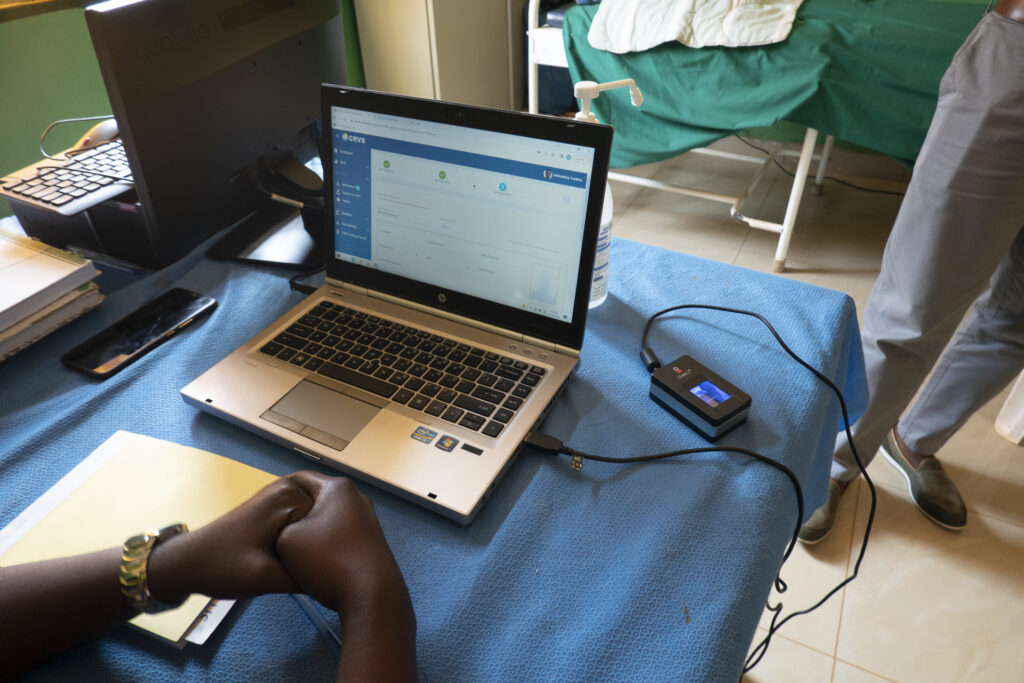
Strong Civil Registration and Vital Statistics systems are a path to reducing statelessness worldwide.
Statelessness is largely invisible, but for a person who has no legal nationality, it can mean a lifelong challenge to access fundamental rights and protections. An estimated 10 million people in the world today are stateless, one-third of whom are children. Three million stateless people live in just 10 countries.
According to the United Nations High Commission for Refugees, a stateless person is someone who “is not considered as a national by any State under the operation of its law.” People at risk of statelessness include those who have lived outside of their home country for a prolonged period of time, most commonly refugees, and those affected by political upheavals. For example, more than 30 years after the dissolution of the Soviet Union, as many as 600,000 former Soviet citizens remain stateless.
Being denied a legal identity at birth also increases the risk of becoming stateless. Without a legal identity, people face other barriers throughout their lives, such as difficulties accessing education or health care, getting married, or finding official work. Children with unregistered births may be at higher risk of marginalization, discrimination, abuse, and associated risks, including child marriage, child labor, forced recruitment and trafficking.
To ensure that everyone has the right to a legal identity, since 2015 Vital Strategies’ Civil Registration and Vital Statistics program has worked in more than 29 countries, including Rwanda, to strengthen their CRVS systems through the Bloomberg Philanthropies Data for Health Initiative.
Rwanda is one country that is making great strides toward reducing statelessness. Vital Strategies has been supporting the government of Rwanda to address the issue in line with the United Nations High Commission for Refugees #IBelong campaign, which aims to end statelessness within 10 years. Rwanda’s government formed a team led by the Directorate General of Immigration and Emigration and a national task force; the goal is to tackle legal status challenges faced by all stateless people and facilitate solutions.
Rwanda created a National Action Plan in line with UNHCR resolutions and the Global Action Plan to End Statelessness, and passed a law to make naturalization more accessible for stateless people.The national task force also developed a questionnaire to collect information about stateless people or people at risk of statelessness in Rwanda.
A well-functioning civil registration system that provides universal access to registration services immediately after birth is a crucial part of reducing statelessness. While a birth certificate alone is important for establishing a person’s entitlement to nationality, it may not be enough. Ultimately, nationality is acquired through a country’s nationality law, which is its own distinct process. Citizenship is usually based on place of birth or parentage—information collected during most birth registration processes.
Sound legal and regulatory frameworks at the national and international levels are essential to reducing statelessness. The 1954 Convention relating to the Status of Stateless Persons and the 1961 Convention on the Reduction of Statelessness are complemented by several international human rights treaties and provisions relevant to the right to nationality. Birth registration and the acquisition of a birth certificate provide essential evidence to support the right to nationality. Discriminatory laws and practices may perpetuate statelessness by denying the ability to register. For instance, certain populations may be prevented from doing so on the grounds of gender, ethnicity, race, religion or other reasons.
At least 1 billion people are living without any way to prove their legal identity, many of them stateless. Though the causes of statelessness are many, strengthening civil registration systems is a critical element to ending statelessness once and for all.
Get Our Latest Public Health News
Join our email list and be the first to know about our public health news, publications and interviews with experts.
Vital Strategies’ Data for Health Initiative is a global effort supported by Bloomberg Philanthropies. It provides technical assistance and grants to governments in countries worldwide to improve public health data systems, including civil registration and vital statistics systems; cancer registries; and data-driven policymaking and decision-making processes. Vital Strategies serves as an implementing partner.